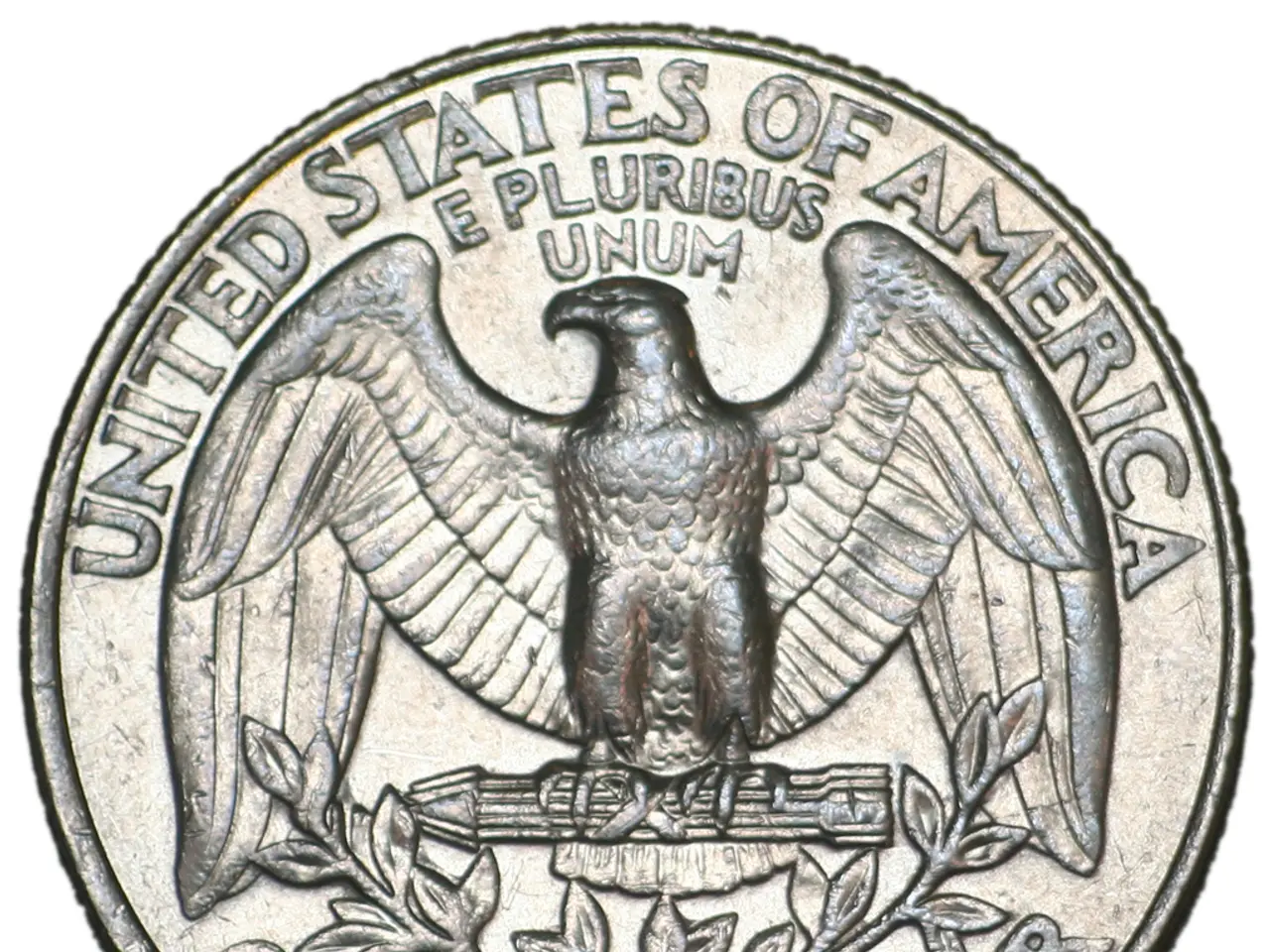France's budget shortfall reaches 100 billion euros during the first six months of 2025
The French government, led by François Bayrou, has announced a comprehensive plan to reduce the public deficit in the 2026 budget. The aim is to curb the deficit by approximately €44 billion, a significant step towards fiscal responsibility.
The key measures outlined in the plan include:
- Eliminating two public holidays - Easter Monday and May 8 (Victory Day) - to increase the annual working days.
- Freezing retirement pensions and social benefits for the year 2026, meaning no inflation adjustments.
- Cutting official development assistance (ODA) by around €700 million (16%) in 2026.
- Freezing most public spending overall, aiming to slow government expenditure growth drastically.
- Removing a 10% tax break on professional expenses for retirees.
The government's strategy is twofold: first, to "stop the debt" by halting deficit growth, and second, to "move forward with production" to enhance economic growth. Despite heavy opposition from various political parties and social groups, Bayrou has committed to holding firm to the deficit reduction targets and engaging with parliament during the autumn debates.
The target is to reduce the public deficit from 5.8% of GDP in 2024 to 4.6% in 2026, aiming eventually to bring it below the EU’s 3% threshold by 2029.
In the first half of 2025, the state's finances showed a deficit of 100.4 billion euros. The government's budget forecasts have not been met for the past two years. However, the government has implemented measures such as a freeze on spending and the abolition of public holidays.
The French have massively chosen to save, which has slowed down consumption and therefore the revenues from VAT. Despite this, the state's revenues have increased by 4.2% thanks to the increase in gains from the tax on companies (7.9%) and the end of the energy price cap. The decrease in the interest rates of the Livret A and the Popular Savings Book as of August 1st could remedy this.
The deficit for the first half of 2025 is a slight improvement of 3.1 billion compared to the same period in 2024. However, it remains above the symbolic 100 billion mark. The government's budget project will be examined in the fall of 2025.
The news is a small ray of hope for François Bayrou, whose government still faces the "Himalaya" of the 40 billion euros of savings it is seeking in the 2026 budget. The state has frozen or canceled nearly 17 billion euros in credits since the late adoption of the budget on February 6th. Public spending has decreased by 0.6% despite a 2.4% increase in the wage bill and interest to be paid on the debt (+6%).
[1] Le Monde, "Le gouvernement Bayrou veut réduire le déficit de 44 milliards d’euros en 2026", 15 Juillet 2025. [2] Le Figaro, "Le gouvernement Bayrou présente son plan de réduction du déficit", 15 Juillet 2025. [3] Aide à l’Action Internationale, "La décision de réduire les aides au développement international est une erreur", 16 Juillet 2025. [4] La Croix, "Le gouvernement Bayrou veut gel les retraites et les allocations sociales en 2026", 16 Juillet 2025. [5] Ouest-France, "Le gouvernement Bayrou veut geler les dépenses publiques en 2026", 16 Juillet 2025.
- The French government's plan to reduce the public deficit includes measures such as cutting official development assistance, freezing most public spending, and removing a tax break on retirees, which are all elements related to finance and business.
- Despite the challenging economic times, the government aims to bring the public deficit below the EU’s 3% threshold by 2029, demonstrating their commitment towards fiscal responsibility and the health of the nation's finance and business sectors.




